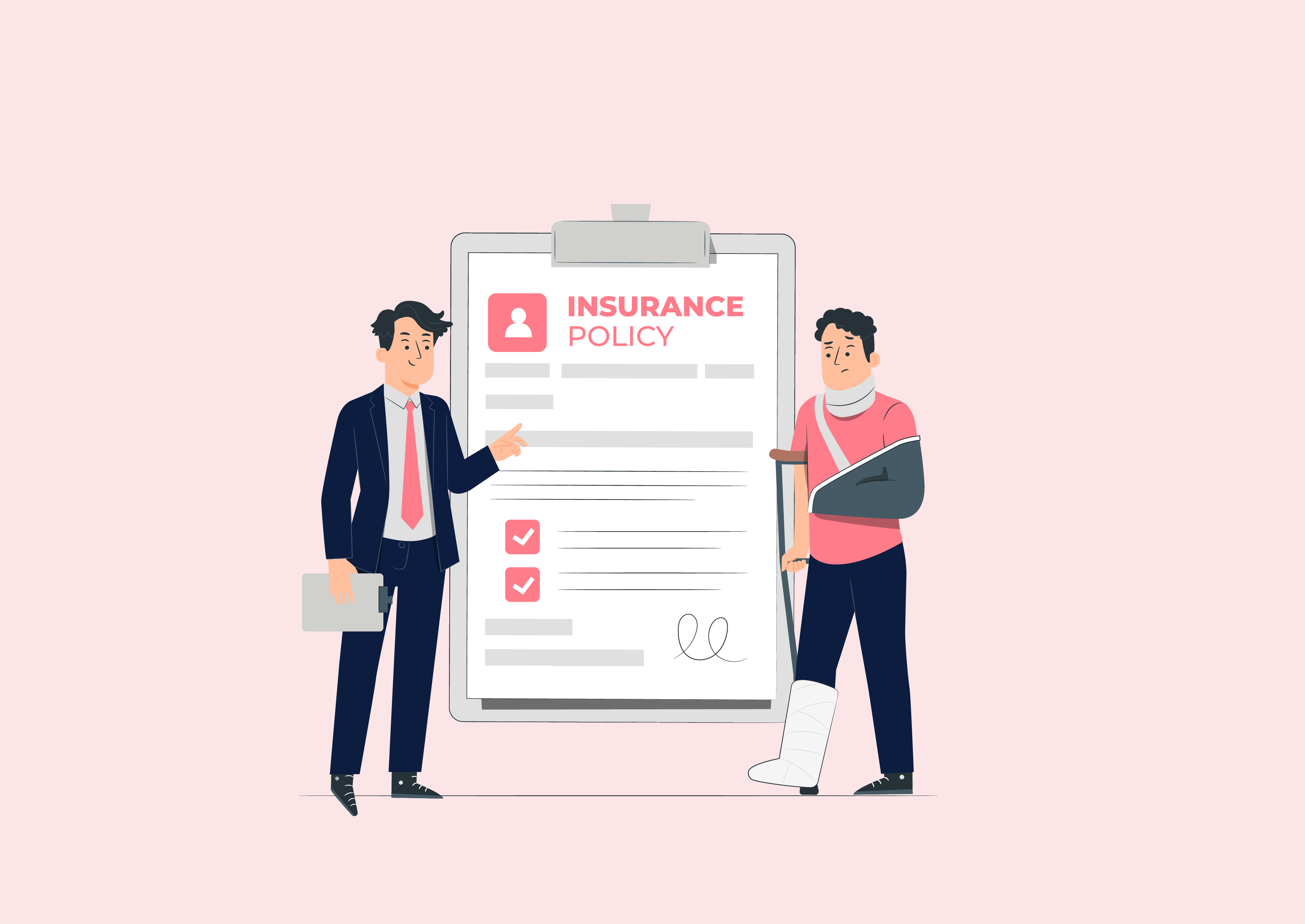
Are you planning to come to the Netherlands for work? Everyone who lives or works in the Netherlands is required by law to take out Dutch health insurance. A standard health insurance package is compulsory covering consultation with a GP, hospital treatment, and prescription, while an additional package such as for dental check-ups is optional.
Overview of the Dutch health insurance
Every year, the government decides the coverage of standard health insurance. All insurance providers offer the same standard package to everyone regardless of age or health conditions. Most primary care needs are covered by the standard health insurance package such as GP consultation, emergency care, and medical prescription. However, not all health care is covered, and that’s why you might want to consider additional insurance. Additional insurance is not obligatory but can be handy to have. For example, many people choose to purchase a dental package since dentistry is very expensive. Other supplemental options to consider are physiotherapy, pregnancy and birth, and glasses and lenses.
What is a deductible excess?
For the same standard package, the cost varies depending on the deductible excess (eigen risico). The deductible excess is an obligatory amount that you need to pay by yourself first before your health insurance covers incurred costs. In 2023, it was €385, and it will remain the same for 2024. There is also a voluntary deductible that you can increase up to €885 in exchange for a discount on your premium. Be aware, a higher voluntary deductible means a higher amount that you need to pay under the standard insurance. According to Independer, a Dutch comparison site of insurance, below is the list of deductible costs and exceptions:
Deductible costs
- Medicines
- Blood tests
- Ambulance transport
- Hospital admissions, treatments, and operations
- Physiotherapy for a chronic disorder from the 21st treatment onwards
Exceptions to the deductible
- GP
- Obstetric and maternity care
- Dental care for children under 18 of insured people
- Facilities on loan for home care
- Follow-up care for kidney or liver transplant donors
- Integrated care
- One smoking-quitting program
- Community nursing
How to take out Dutch health insurance
If you come to live or work in the Netherlands, you are obliged to take out standard health insurance within 4 months after your arrival. It is recommended to cover the period from departure from your home country to the time needed to complete your health insurance application with private health insurance.
Steps
1. Arrange a residence (and work permit if necessary) with the IND
2. Register with the municipality
If you are going to live in the Netherlands for longer than 4 months, you need to register with the municipality of your residence within 5 days of arrival. Your personal data will be registered in the Personal Records Database (BRP). You will receive a citizen service number (BSN).
3. Apply for DigD
DigiD is an identity management platform for residents in the Netherlands enabling online arrangements with the government, health institutions and so forth.
4. Take out health insurance as quickly as possible upon arrival
By law, you must take out health insurance within 4 months after arrival. However better safe than sorry. Get insurance and be covered as soon as possible otherwise, you will end up paying out of pocket for medical expenses.
5. Register with GP
General practitioners or “Huisartsen” are the gatekeepers of Dutch health care. Most of the time, you need their referral to go to medical specialists. Register a GP that is close to your home.
How to change health insurance
Do you want to switch to a different insurance provider or change the package from the same insurance? You can only do so at the end of the year. In the middle of November, if you have Dutch health insurance already, you receive a letter that states a new policy term for the coming year. If you switch during the period between mid-November and 31 December, there is no need to cancel your old insurance by yourself.
Tips: Compare Dutch health insurance packages in English
As a non-Dutch person, choosing Dutch health insurance is puzzling. These two websites can help you to navigate what you are looking and pick one that suits you.
Health insurance allowance
A healthcare allowance (zorgtoeslag) is available if your income is below a certain threshold and if you are over 18 years old. For eligibility, in 2024 your annual income may not exceed €37,496 (€38,520 in 2023). Do you have an allowance partner? In this case, your combined annual income in 2024 may not exceed €47,368 (€48,224 in 2023). If you meet the conditions, you can apply for the allowance with your DigiD.
Fines and penalties for people without health insurance
If you do not take out health insurance, you will receive a fine of € 472,25 in 2023. If you are still uninsured after receiving warnings and 2 fines, the Central Administration Office (CAK) will register you with insurance. The standard premium will be deducted from your salary. Remember any medical care incurred during the uninsured period must be paid out of your pocket.
Remember to be insured
Healthcare costs can be very high without health insurance. Health insurance helps manage financial risks associated with healthcare, facilitates access to necessary medical services, and supports preventive care to promote long-term health.
more news

The Connection Between Psychological Safety and Organisational Justice
24-12-25
Psychological safety grows out of two essential foundation: organisational justice and job fairness. When people believe decisions are made fairly, consistently, and transparently, they relax. They speak up. They contribute ideas that help teams grow. And importantly, they feel that ...

Rebuilding Trust: Lessons from Peacebuilding Applied to Organisations
24-12-25
Employee trust shapes how people collaborate, communicate, and take responsibility. When trust weakens, workplaces begin to resemble the early moments of tension in divided communities: distance grows, voices quiet, and assumptions replace clarity. Peacebuilding principles offer a realistic and human-centred ...